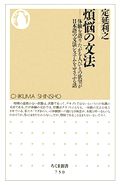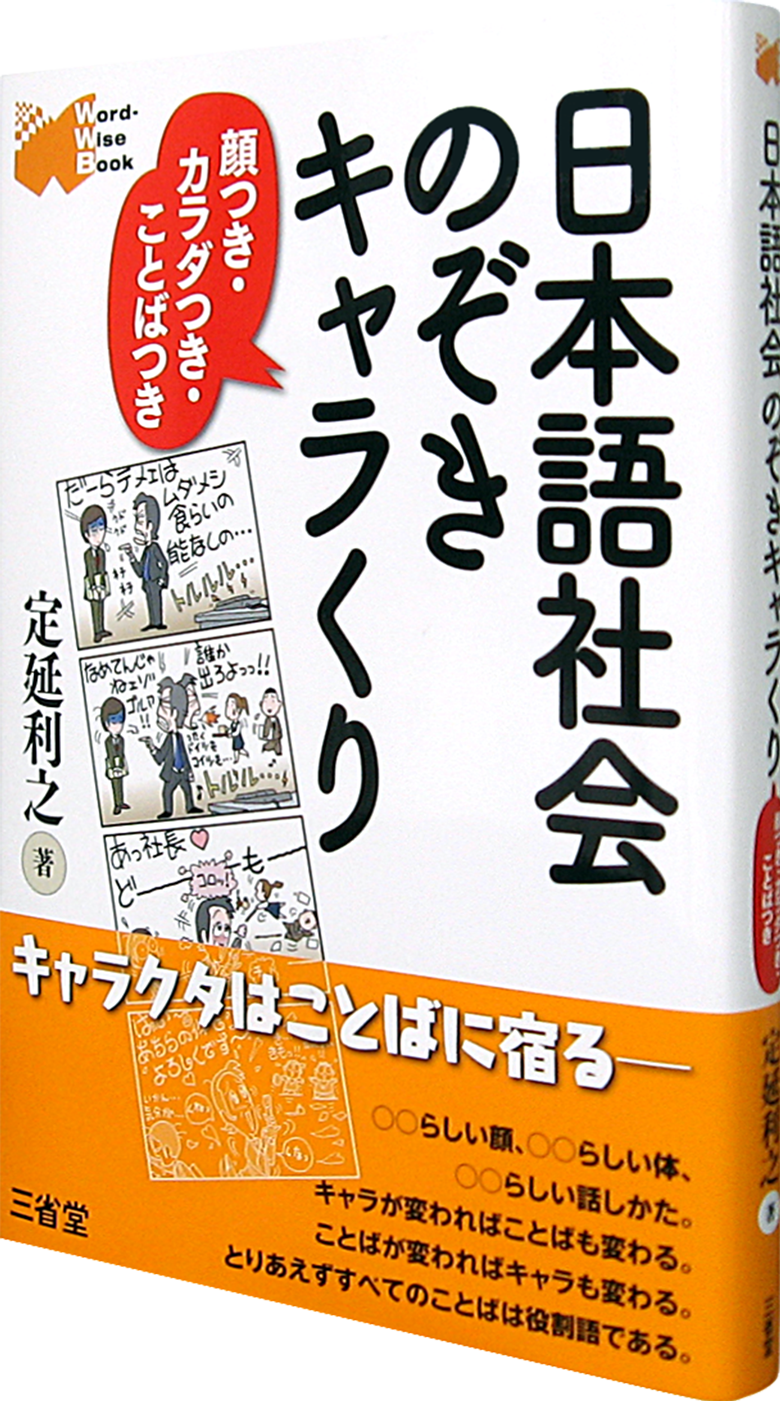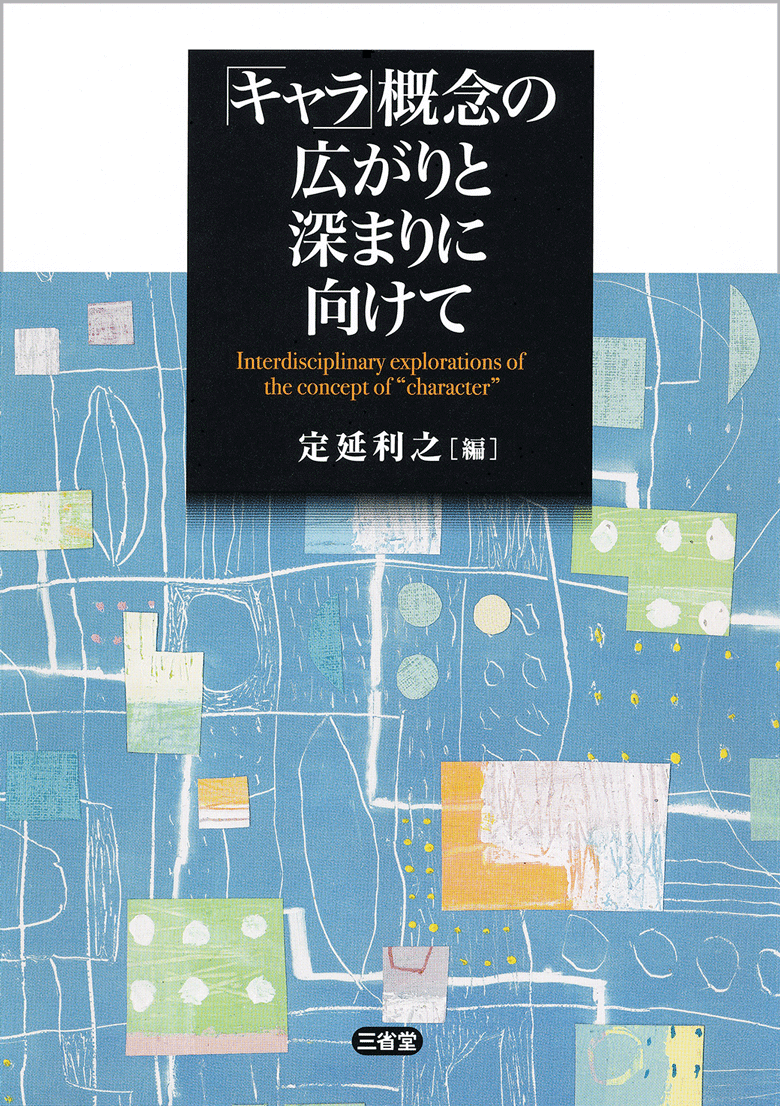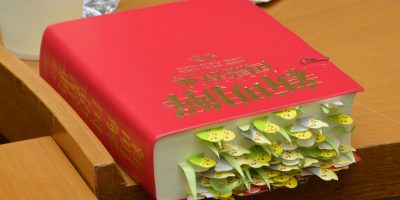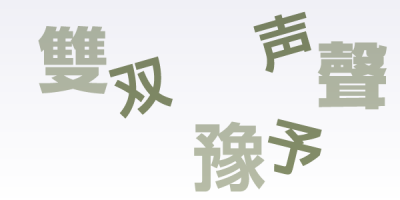
Previously, I said that the “baby” and “youth” often become “runt” characters who are oblivious to hierarchy, and that this is expected by the people around them. “Status” is not the only thing about which adult characters (“elderly” and “senior citizen”) are aware, but child characters (“baby” and “youth”) are not. We can make a similar observation about “class.”
For example, a child might say “a woman came walking slowly (yukkuri)…” But a child (at least a “baby”) wouldn’t say “a woman came walking languidly (shizushizu to)…”
Languidly (shizushizu to) does not just mean to walk quietly and slowly. It is used for the quiet and slow walk of a “refined” person, normally a “woman.” It is different from the “tottering” (yota yota) gait of a “senior citizen” character. It is also different from the “toddling” (yochi yochi) walk of a “baby.”
But I do not want to get into the issue of how “baby” characters walk here. The problem is not the baby as a walker (expression character), but rather as a speaker (verbal character). If the “baby” sees the behavior of a “refined” “woman,” that “baby” will not say “she walks languidly.” That is to say, “babies” cannot speak about “class.” Of course, in reality, babies can sense a range of refinement and vulgarity. We need only look back on our own childhoods to see this. However, “baby” characters are not conscious of “class,” and do not speak about “class.”
Maybe they just haven’t been taught the word “languidly” at school yet? Hmm… maybe. Isn’t it easier to imagine adults (“elderly” and “senior citizen”) as the kind of speakers who would use the expression “languidly” to describe the gait of a “refined” “woman” character? It’s hard to imagine not only a “baby,” but also a “youth” character, who one would expect to know the word, to use “languidly.”
On another note, the “God” character might announce, “The queen will walk quietly to her throne,” but would not say “The queen will walk languidly to her throne.” (Or at least, any God that did say this would not be a majestic “God,” but rather a fairly anthropomorphic god.)
If “God” does not use the expression “languidly” to describe the gait of a “refined” “woman,” it is not because he doesn’t know the word (of course he knows… he is “God” after all), but rather because of a problem with character. That is, because “God’s” “status” is “highest of the high,” he does not speak of mundane matters such as “class” or lack thereof.
Only humans living in the real world speak of “class,” especially “adults” (“elderly” and “senior citizen” characters) who are thoroughly submerged in the mundane. But it is not suitable for “children” (“baby” and “youth” characters).


